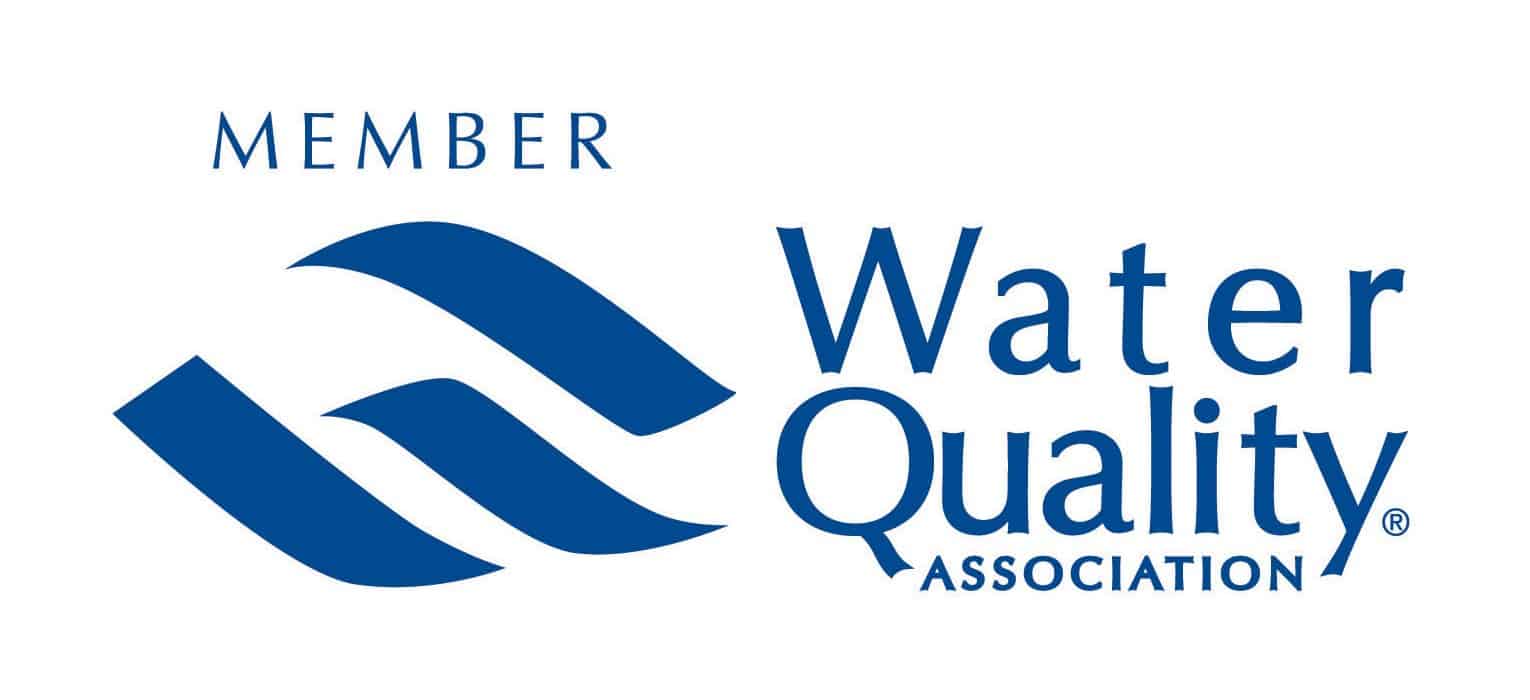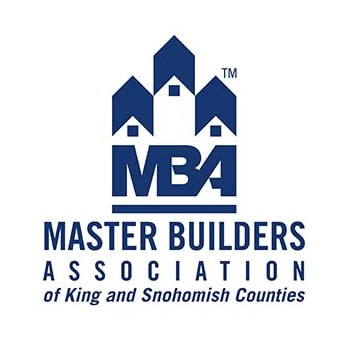Water Well & Pump System Inspections in Washington
Well Inspections are completed most often during the sale of a home. Usually, the potential owner has never owned a water well, and the home they’re looking at has a well. Additionally, many mortgage companies now require a flow test & bacteria test on any domestic well.
- Our well inspections included up to 1-1/2 hour of flow testing on the well, surface level inspection of the water system components, a fourteen page report on the components in the well, set backs, etc, and optionally arsenic, nitrates testing, and bacteria (e. coli, fecal coliform, and coliform) testing. We like to spend time with the real estate agents and the clients to inform them about wells, how to take care of them, how the system works, and any potential weak points.
- More extensive water testing can be completed by sending in what’s known as an IOC – In Organic Compound – sample. IOC’s can cover such compounds as Arsenic, Aluminum, Lead, Mercury, etc. A Complete IOC sample covers a total of 31 compounds, but we can narrow it down to just the few that are of concern.
- Well inspections to obtain a new drill log/report, due to a lost or missing report are more expensive and require a licensed driller do the surface seal inspection, which requires more lead time. Usually we recommend that the owner break away any concrete pads around the well, and remove the roof of the well house and anything else that can impede our access to and around the well. If there are issues that make it so the well does not meet current codes, we will provide a quote to bring the system to code, if necessary.




